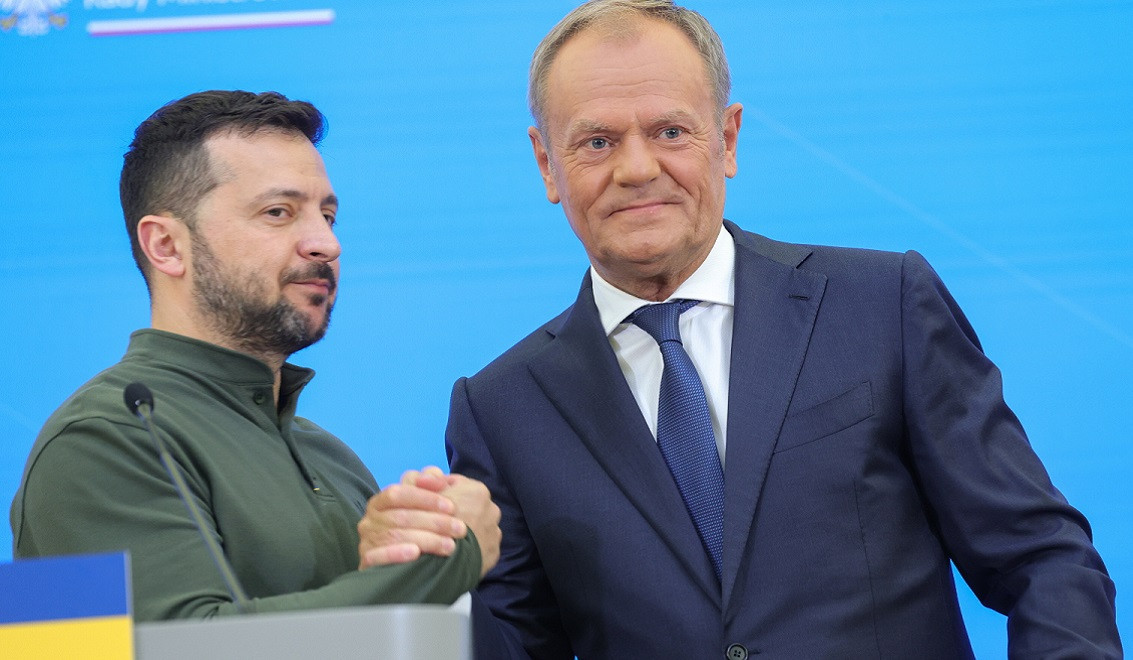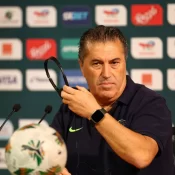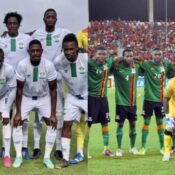
Zelenskiy of Ukraine travels to Poland following the resolution of the World War Two conflict
In the wake of what Poland has described as a breakthrough in a long-running spat between the allies over wartime exhumations, Ukrainian President Volodymyr Zelenskiy was in Warsaw on Wednesday.
In a May presidential race, when a conservative historian who leads the National Remembrance Institute (IPN) is the primary nationalist opposition candidate, the question of ensuring the exhumation and appropriate burial of victims appears to be crucial.
Although Poland has been one of Ukraine’s strongest supporters since Russia’s 2022 invasion, the 1943–1945 Volhynian massacres have caused tensions between the neighbors for several decades.
Polish Deputy Prime Minister Wladyslaw Kosiniak-Kamysz stated in October that Ukraine would need to settle the dispute in order to enter the European Union, a statement that reflects the escalation of the dispute in recent years.
Ukraine will also talk about its needs for more weapons as it deals with a fresh Russian advance along front lines.
According to Poland, Ukrainian nationalist murders claimed the lives of around 100,000 Poles. Retaliation killings also claimed the lives of thousands of Ukrainians.
In order for the bodies of those slain to be unearthed for appropriate funerals, Warsaw has long requested that its experts have unrestricted access to the locations where they are thought to have been buried.
Polish Prime Minister Donald Tusk celebrated a “breakthrough” in relations on Friday, stating that Ukraine has decided to let the first victim exhumations.
Exhumation work was set to start in April, according to the Polish daily Rzeczpospolita.
Discussion
Tusk and Zelenskiy will meet and at 1140 GMT, the two leaders will conduct a joint news conference. After that, he’ll meet President Andrzej Duda.
On the Telegram messaging app, Zelenskiy’s office chief, Andriy Yermak, stated that the leaders will talk about “War, weapons, sanctions, history, weakening of Russian energy as a tool for financing the war.”
An official from the Polish administration told Reuters, “There are a lot of topics (to discuss), including of course exhumations.” “What interests us is the way these decisions (about exhumations) are carried out.”
Poland assumed the Council of the European Union’s rotating presidency this month, and as leaders prepare for Donald Trump’s inauguration as U.S. president, strengthening the bloc’s security and commitment to Ukraine is a top priority.
MASSACRES
The murder site, which was populated by both Poles and Ukrainians, was a part of Poland before to World War Two and was later taken over by the Soviet Union.
The Polish parliament acknowledged the Ukrainian Insurgent Army’s (UPA) World War II slaughter as “ethnic cleansing bearing the hallmarks of genocide” in 2013.
Ukraine has rejected that claim and frequently describes the events in Volhynia as a part of a Polish-Ukrainian struggle that impacted both countries.
After the war, Kyiv claimed that Poland had abused Ukrainians living on its territory by forcing them to relocate elsewhere in the nation. It also expressed dissatisfaction about the 2015 damage of a monument in Poland honoring Ukrainian nationalist warriors.
All Categories
Recent Posts
Tags
+13162306000
zoneyetu@yahoo.com



